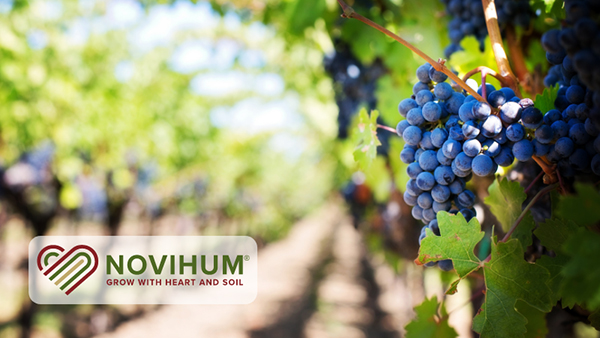Daring To Be Different

In the spring of 2006, something was not looking right in McKinnon Corporation’s Orange Hammock grove near Felda. At first, Maury Boyd, president of the company, and Tim Willis, manager, attributed it to recent hurricanes. But soon, FDACS Department of Plant Industry had confirmed HLB as the culprit.
The discovery set Boyd on a path that drew criticism and praise along the way as he shirked conventional wisdom and developed a foliar nutrition program aimed at maintaining the health and prolonging the productive life of his infected grove. According to Boyd, following the recommendation to remove infected trees was not an option. To do so, he would have pushed so many trees that continuing to produce would not be economically viable.
In addition, Boyd opened his grove and books to share with the industry what he was doing come what may. Considering how controversial it was at the time, it took a stiff upper lip and perseverance to calmly stand his ground in the face of some strong opposition.
“Perseverance” was referenced often in Boyd’s multiple nominations to be this year’s Florida Grower Citrus Achievement Award winner. Florida Citrus Mutual’s Mike Sparks, executive vice president/CEO, and president Vic Story submitted a nomination on behalf of the board of Mutual that sums up the sentiment of other nominations: “We can think of no other grower who has impacted the industry more than Maury over the past few years. His cutting edge nutritional program has given the industry hope in its fight against HLB. Maury was originally ostracized for the program, but like a true leader, he persevered. Now the rest of the industry views nutritional therapies as a bridge between the current situation and the day when research yields a long-term solution.”
The Tipping Point
Boyd had always been a believer in foliar nutrition and had used applications in the grove because both the older block and young block are on low fertility soils. The HLB find led him to step up his nutritional program and add salicylic acid in the form salicylate (SAver, Plant Food Systems), which is a systemic acquired resistance (SAR) material.
“I think everyone who has been in the grove will agree the mature trees are no worse, and probably better,” he says. “The young block is better. We are seeing very little symptomatic fruit the last couple of years. We’ve seen fruit that is small and I thought it was symptomatic. But, when you cut them open, usually it’s OK inside, including the seed. All Valencias have been normal size.
“My whole theme is growers need a short-term answer to bridge the gap while science finds a long-term solution. In the meantime, we want to stay in business.”
Psyllid Control A Must
The World Is Watching
Dr. Bob Rouse, a researcher at the Immokalee center, has been trialing Boyd’s nutrition program and says he is a great choice for the Achievement Award. “I don’t think anyone recently has had a bigger and more important positive effect on the Florida citrus industry,” he says. “Maury has been a leader with his nutritional and psyllid management approach in maintaining his groves from the beginning in the fight to survive with HLB.
“Maury has given much of his time for the past several years inviting anyone he could to visit his grove to observe for themselves the condition of his trees. Maury has shared his production records from before he had HLB to his most current harvest. No one could be more giving and willing to share his information for the benefit of all citrus growers.”
When asked why he has been so vocal about his program and opened himself up for criticism from his opponents, Boyd replies: “It is pretty simple. In the citrus industry, we are all in the same ocean. We rise and fall together. We might be in different size boats, but we are all in it together. I’ve had a number people ask why I’m doing this. The reason is to find a way to survive and make a living growing fruit while we wait on long-term solutions.”
A Word From The Sponsor










